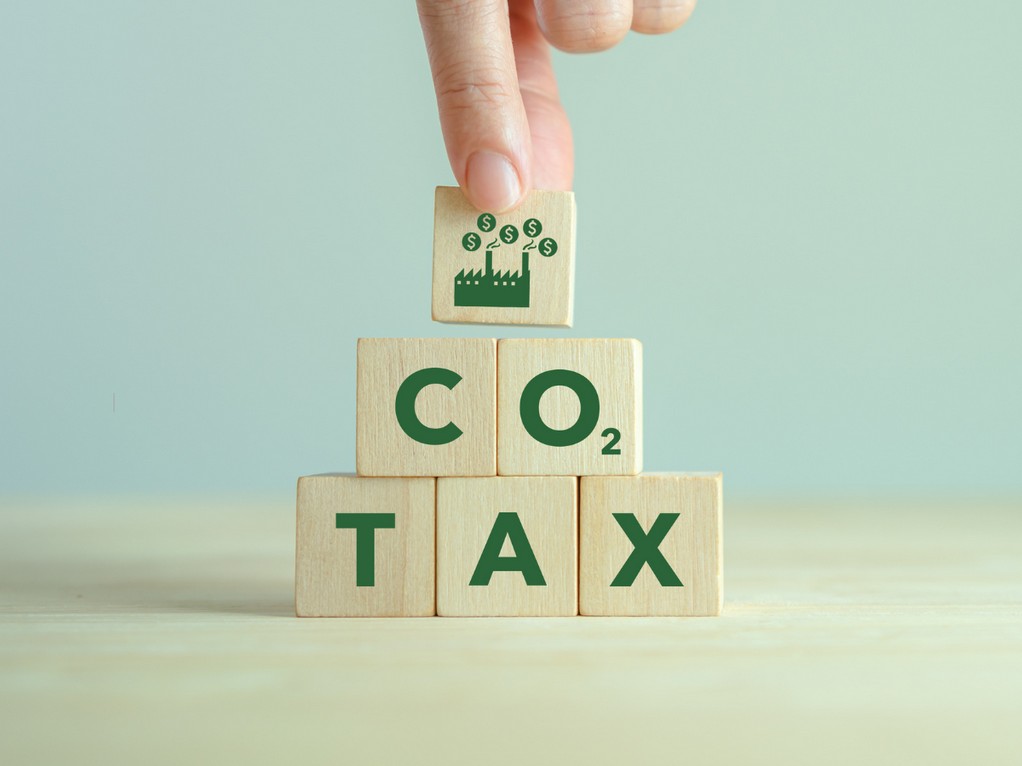Amid ongoing free trade agreement (FTA) negotiations, the European Union (EU) has suggested that India create its own carbon tax mechanism instead of paying into the EU’s Carbon Border Adjustment Mechanism (CBAM), commerce and industries minister Piyush Goyal said.
The CBAM is a tariff on carbon-intensive imports such as steel, cement, and certain electricity products entering the EU. It aims to promote cleaner industrial production practices in non-EU countries.
As part of the European Green Deal, CBAM will take effect in 2026, with reporting requirements beginning in 2023. A report by the economic think tank Global Trade Research Initiative (GTRI) estimates that the CBAM could impose a 20-35% tax on specific imports into the EU starting 1 January 2026. This will impact companies in seven carbon-intensive sectors, including steel, cement, fertilizers, aluminium, and hydrocarbons. Notably, about 27% of India’s exports of iron ore pellets, iron, steel, and aluminium products are destined for the EU, with exports totalling $7.4 billion in 2023.
Meanwhile, the minister dismissed speculation about India supporting Chinese investments in the country, following suggestions in the latest Economic Survey to consider foreign direct investments (FDI) from China. The survey recommended leveraging the China-plus-one strategy to boost exports amidst global shifts.
The domestic industry, particularly sectors using Chinese plants and equipment, has urged the government to relax FDI restrictions, citing technical and operational challenges due to visa restrictions for skilled Chinese workers. However, experts warn that allowing Chinese firms to establish a significant presence in India could pose risks.
Tags: CBAM, eu, India



Recent Posts
Hyundai Glovis to Retrofit Seven PCTCs with Avikus AI Navigation System
Super Terminais orders three more Konecranes Gottwald ESP.10 Mobile Harbor cranes
Covestro and HGK Shipping Extend Partnership to 2040 with Focus on Wind-Assisted Vessel Retrofit
Artemis Technologies Successfully Demonstrates 100 Percent Electric Crew Transfer Vessel at Aberdeen Offshore Wind Farm
IACS Council Advances Decarbonisation, Digitalisation and Governance Priorities at C91 Meeting in Beijing
Japan Launches Major R&D Project to Advance Shipbuilding with Alternative Fuels
EU Adopts Emissions Standards for Low Carbon Hydrogen to Bolster Clean Energy Market
Trafigura to Implement ZeroNorth’s AI Platform Across Global Fleet